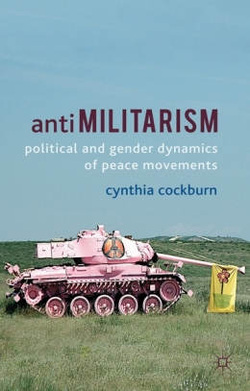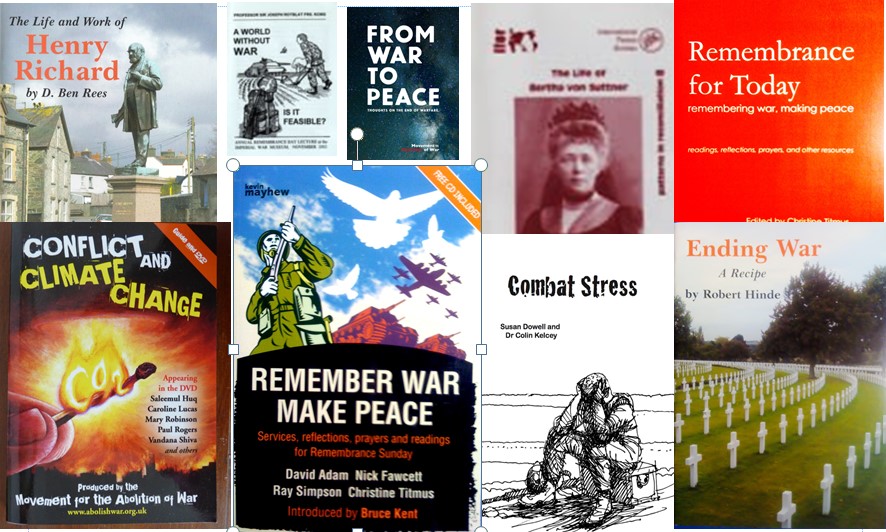
by Cynthia Cockburn
Palgrave Macmillan, 2012
Sue Gilmurray
No matter how passionately we loath war, there is a place for turning our critical faculties on the peace movement and asking questions about what we do and how we might be more effective. Cynthia Cockburn provides a bracing look at a variety of peace and anti-war groups, interviewing 130 people in 12 countries. Her aim: to find out whether, despite their differences, they might really bring about a more peaceful world.
Here are real people struggling with intractable situations: in Okinawa against US military occupation; in Korea against the powers which partition their country; in Uganda against the proliferation of small arms; in Strasbourg to oppose NATO; in Leicester to support the people of Gaza. But their diversity is bewildering: here are Marxists and anarchists; pacifists and those who support violent protest; feminists and those indifferent to feminism; those opposed to all wars and those who care about only one. How can they work together?
Cynthia, a feminist and a socialist, does not pass judgement on the various activist groups, but finds encouragement in the common ground they share, and in the ways they find to work together. She perceives a continuum of violence, from the domestic through to the military, aggravated by the machismo element in our cultures, and encouraged by the military-industrial complex. The peace groups tackle the issue from different angles, but share the aim of violence reduction.
This is the book’s conclusion and its challenge: we need to oppose the pervasive idea that violence is inevitable by pointing out that in most cases it is a deliberately chosen course of action. Our diverse peace groups can unite in claiming that there is almost always a choice, and urging everyone – in the home, in society and in politics – to choose the less violent option.
This is not an easy read, but one which can broaden our understanding, and encourage both thought and action.



